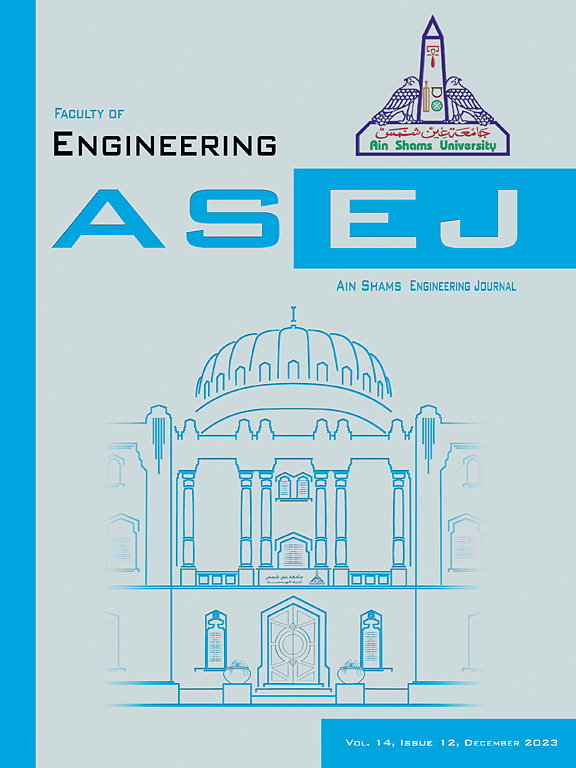Multi mode coordinated control algorithm for DC near-field photovoltaic based on adaptive mutation particle swarm optimization
IF 6
2区 工程技术
Q1 ENGINEERING, MULTIDISCIPLINARY
引用次数: 0
Abstract
Excessive photovoltaic power in a distributed photovoltaic system may cause problems such as overvoltage and reverse power flow in the distribution network, and the safe and stable operation of distribution networks faces potential challenges or risks. To ensure stable operation,this article proposes an innovative multi-mode coordinated control strategy for DC near-field photovoltaic systems that integrates adaptive mutation particle swarm optimization technology to achieve more efficient control performance. The operation of distributed photovoltaic system is divided into five modes: single-machine reactive power regulation, multi-machine reactive power coordination, active power reduction mode in multi machine systems, Existing power recovery models and reactive power recovery mode; So the mathematical model of the inverter main controller is constructed, using adaptive mutation particle swarm optimization algorithm to solve the model, in order to improve solving efficiency and accuracy Committed to overcoming the limitations of slow convergence speed and susceptibility to local optima in particle swarm optimization algorithms, in order to optimize algorithm performance, when optimizing the particle swarm optimization algorithm, synchronously tuning the learning factor and inertia weight parameters is aimed at accelerating the convergence process and improving the accuracy of the algorithm. By introducing a mutation mechanism, the search domain of the particles is expanded, thereby enhancing the global optimization efficiency of the algorithm. The experimental data shows that the optimized control parameters of the algorithm significantly enhance the dynamic response characteristics of the system, and its convergence speed is faster and its steady-state accuracy is higher. After 60 iterations, the control accuracy reached 98.15%, and the feature value near the virtual axis of the system was optimized from −1328 to −1.647. The fluctuation of each electric quantity of the system was smaller than that of the original parameter, the stability could be reached faster after troubleshooting, and the coordinated control effect is better.
求助全文
约1分钟内获得全文
求助全文
来源期刊

Ain Shams Engineering Journal
Engineering-General Engineering
CiteScore
10.80
自引率
13.30%
发文量
441
审稿时长
49 weeks
期刊介绍:
in Shams Engineering Journal is an international journal devoted to publication of peer reviewed original high-quality research papers and review papers in both traditional topics and those of emerging science and technology. Areas of both theoretical and fundamental interest as well as those concerning industrial applications, emerging instrumental techniques and those which have some practical application to an aspect of human endeavor, such as the preservation of the environment, health, waste disposal are welcome. The overall focus is on original and rigorous scientific research results which have generic significance.
Ain Shams Engineering Journal focuses upon aspects of mechanical engineering, electrical engineering, civil engineering, chemical engineering, petroleum engineering, environmental engineering, architectural and urban planning engineering. Papers in which knowledge from other disciplines is integrated with engineering are especially welcome like nanotechnology, material sciences, and computational methods as well as applied basic sciences: engineering mathematics, physics and chemistry.
 求助内容:
求助内容: 应助结果提醒方式:
应助结果提醒方式:


